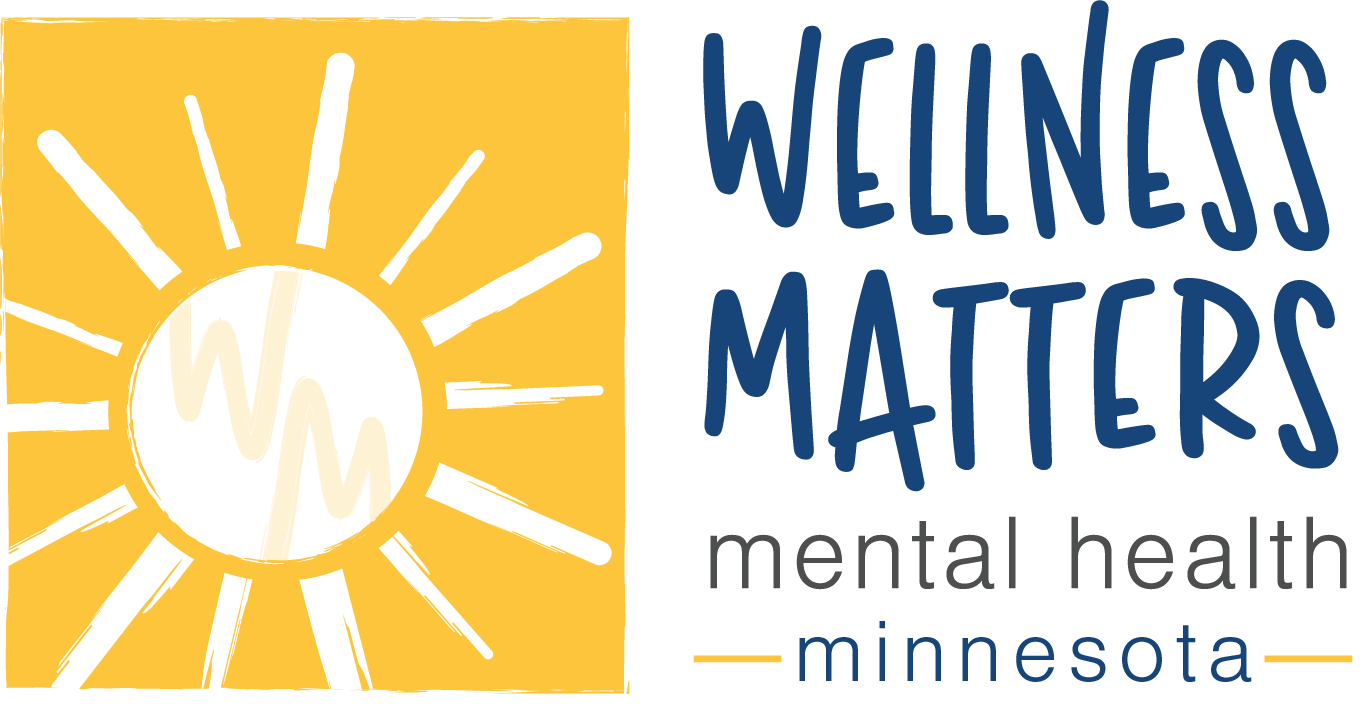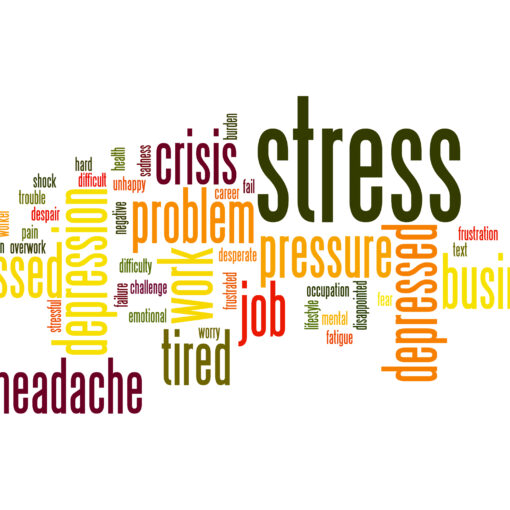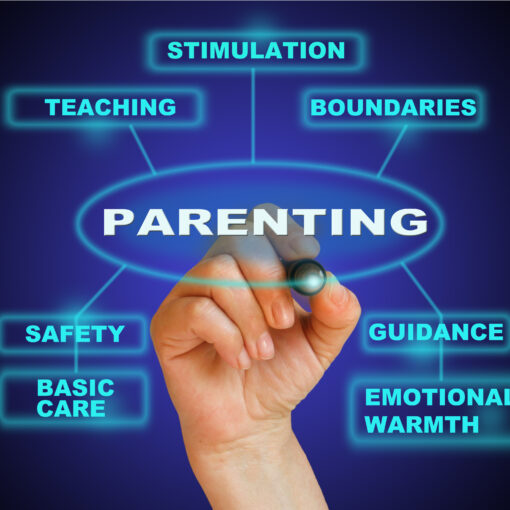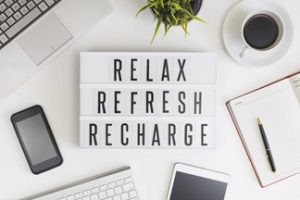Are you a teenager or young adult? Have you found yourself wishing you looked different?
Do you wish you were taller, had more muscle mass, or that you had that perfect tan? Maybe you want to look like the “Instagram models” who always have their make-up done and that “effortless just woke up” look? Do you find that you compare yourself to others and criticize yourself when you don’t look a certain way? If so, you are not the only teenager, or adult for that matter, that has these feelings.
The term “body image” refers to how you think and feel about your body (2). It includes what your body can do, what your body parts look like, and how you think you compare to your culture’s beauty standards (3). For example, how do you feel about your height, weight, gender, skin color, hair type, or body shape? Do you like your body’s abilities, the clothes you wear, or your age? How do you think others see you? How do those feelings affect your overall thoughts about yourself as a person? Having a healthy body image means feeling comfortable in your own skin. It means generally feeling good about the way you look (2). But, having a positive, healthy view of yourself is often easier said than done.
How Common is a Negative Body Image?
A growing amount of research is showing that a poor body image can negatively affect a person’s mental health. More and more people, particularly teens, are experiencing a negative perception of themselves. Here are some statistics surrounding body image (1):
- 50% of 13-year-old girls report being unhappy with their body. This number increases to 80% at age 17 in the US.
- 80% of female teens report they are fearful of gaining too much weight
- 23% of adult women in the US report checking their weight and body frequently
- Almost 70% of adult women report avoiding activities due to body image dissatisfaction
- One study of 50,000 adults found that 60% of women believed they were too heavy and 20% felt unattractive
Traditionally, body image concerns have been focused on girls and women. Girls are more likely than boys to have body image issues as they are often influenced to meet certain beauty standards (3). As a body image concerns become less stigmatized, men and boys have begun to report concerns as well (1):
- 25% of male children and teens in the US are concerned about muscularity and being lean
- One study showed that 30% of high school aged males reported a desire to gain weight and muscle and 23% did it in an unhealthy way
- Almost 10% of adult men in the US report checking their weight frequently
- 22% of adult men report muscle-enhancing behaviors such as eating to gain muscles or supplement use
- In another study, 41% of men reported issues with their weight and feelings of self-consciousness about themselves, while 11% felt unattractive
Needless to say, having a negative body image is not that uncommon and unfortunately, it’s becoming a bigger concern.
Effects of A Negative Body Image
A negative body image can lead to unhealthy physical consequences (3). In some, body dissatisfaction may lead to severe over or under eating. It may look like unhealthy levels of exercise or dieting to bulk muscle, to tone or lose fat. It can also lead to an array of mental health concerns including (3):
- Mood disorders
- Eating disorders
- Low self-esteem
- Relationship problems
- Self-harm
- Withdrawal or isolation
- Generalized anxiety
- Social anxiety
- Depression
- Obsessive compulsive disorder
A negative body-image can have a huge impact on your overall health. Some signs to pay attention to may include (3):
- Wearing baggy clothing to hide parts of your body
- Feeling a need to wear lots of make up
- Wanting plastic surgery to change something about yourself
- Plucking, waxing or shaving hair obsessively
- Putting yourself down to others (i.e., “I’m so fat”, “I’m ugly” or “I hate this about myself”)
- Constantly weighing yourself or measuring your body
- Examining your body often
- Avoiding going out in public or doing things where people may see you
If you feel like you are displaying any of the behaviors above, it may be a good idea to reflect on how you see yourself.
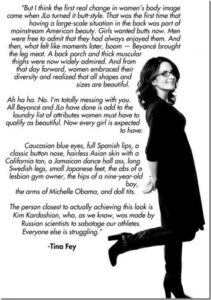
Where Does a Negative Body Image Come From?
Constant bombardment to photo-shopped images and other “perfect” role models have had a detrimental effect on child and adolescent self-image.
There is no “one size fits all” model for body image. It is also no secret that the media and emergence of social media have played a part in the rise of body image concerns. Movies, tv shows, magazines and perceived beauty standards give young people unrealistic ideals about what is considered attractive (1). In movies and TV shows, female characters are often thin and underweight, males are toned with bulking muscles, and overweight characters are portrayed as less attractive (1). On social media, “influencers” use lighting, make up, angles, and clothing to create an image. In real life, without the makeup, lighting, and posing, they may look drastically different from their posts. In reality, it is unrealistic and exhausting to look “perfect” all the time.
Studies have shown that using social media for about an hour a day can cause a negative effect on one’s body image (1). Almost 50% of teen girls have reported that they want to be skinny; 47% have reported wanting to lose weight after seeing pictures of models on social media or in magazines (1). Despite less research, 20-40% of male adolescents are diagnosed with eating disorders (4). Males are also less likely to seek treatment due to stigma and will often times over-exercise instead of purge or binge eat (4). Just like with girls, however, males are affected by culture standards and images portrayed in the media.
How Do You Overcome a Negative Body Image?
Although a negative body image may be present to some degree, there are ways you can overcome it. Here are some ideas to consider if you find yourself comparing yourself to others or feeling unhappy about yourself (1, 3, 4):
- Take a break from social media and glamour magazines: As we’ve mentioned earlier, children, teenagers, and adults are all influenced by what they see online and in other forms of media. Do your best to take a break from your social media platforms. See how long you can go without them and notice what happens to your mood. Remember, images you see on social media platforms are rarely realistic and are often touched up and highly edited. Reconnect with how real people your age look.
- Seek out body positivity: Surround yourself with people who are supportive. Wear things that you like and style your hair the way that you want. Wear clothes, shoes, make up and other accessories because you like them, not because it’s what the “cool kids” are doing. Make an effort redefine yourself based on your own beauty standards, not those of others.
-

Celebrate all that your body does for you! Make healthy habits a priority: It is still important to be healthy. This applies to both ends of the diet and exercise spectrum. If you enjoy exercise, lifting weights, toning, etc., it’s ok to continue these activities as long as they don’t become overly consuming. If you generally eat well and want to enjoy a treat, do so without regretting it. Watching your diet and exercising regularly are healthy habits. Just be conscious about how far you take them.
- Use positive coping skills: It may be helpful to write a list of things you like about yourself. This may be difficult at first, but it will help keep your focus on aspects you see as positive. Similarly, find new ways to discover how your body works and what it can do. This may mean finding different activities that allow you to be successful. If you do have negative thoughts, write them down and find ways to reword them into more positive, self-respectful ways.
- Get help: Sometimes, negative feelings about yourself can become very overwhelming. If so, talk with someone who can help. Share your feelings with a trusted adult or friend. Counselors, therapists and other professionals are also available to help you build a positive body image. Counselors both in person, or online can assist you in exploring where negative thoughts come from and in overcoming them.
Body image concerns are nothing new, nor are they uncommon. However, they are manageable. It is difficult to be a teenager in today’s day and age. Getting help is also more acceptable and less stigmatized. Take a second to think about your true friends and loved ones. How would they describe you? Would you describe yourself the same way? If not, consider giving yourself some grace. Your body does wonderful things, and there is only one you in the world. As John Mason once said, “You were born an original, don’t die a copy”.

Emily offers a virtual, on-line therapy for Wellness Matters’ clients. She offers a holistic approach to mental health and wellness. In addition to prioritizing mental well-being, she uses a strengths-based perspective to improve relationships and physical health.
Emily was born and raised in Alaska, where she received her Master’s degree in counseling from the University of Alaska Fairbanks. After moving to the “Lower 48”, she has been working as a therapist for the past four years.
Emily has immediate telehealth appointment openings available through Wellness Matters LLC.
Read more about Emily and other Mental Health Therapists in the “About Us” tab.
References/Resources
1. The Ultimate List of Body Image Statistics in 2021. Break Binge Eating. Retrieved from: https://breakbingeeating.com/body-image-statistics/. Accessed November 2, 2021.
2. Body Image. Office on Women’s Health: U.S. Department of Health & Human Services. Retrieved from: https://www.womenshealth.gov/mental-health/body-image-and-mental-health/body-image. Accessed November 2, 2021.
3. What to Know About a Negative Body Image and How to Overcome It. Retrieved from: https://www.healthline.com/health/negative-body-image. Accessed November 2, 2021.
4. Understanding Male Eating Disorders. Retrieved from https://www.verywellmind.com/male-eating-disorders-4140606. Accessed November 2, 2021.
